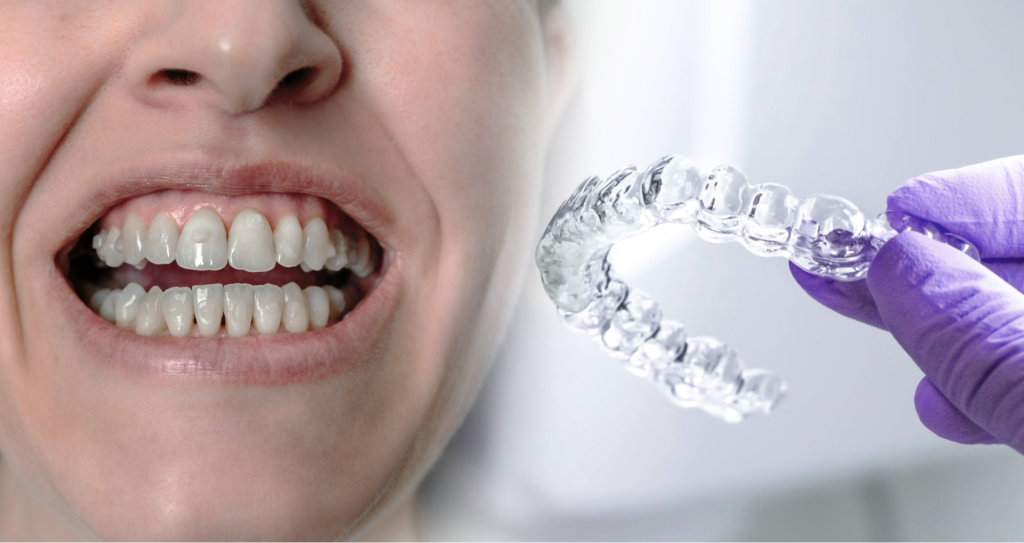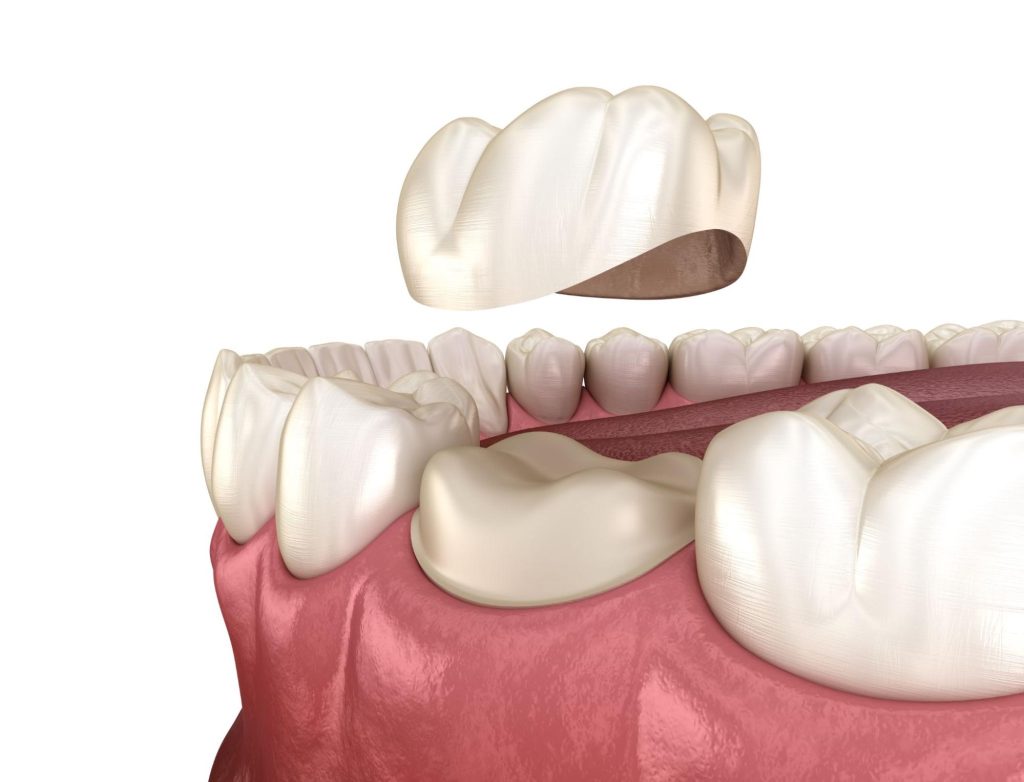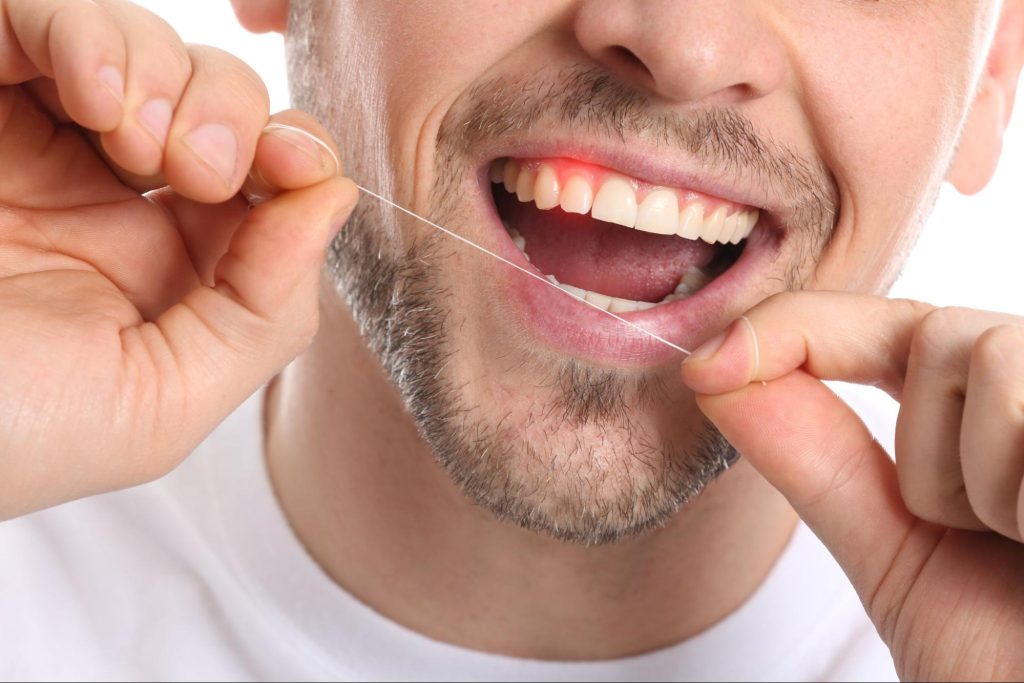Does the thought of getting dental work done make you want to lock yourself in the room and throw the key away? Then sleep dentistry may be able to help you get the dental treatment you need without fear or discomfort.
What is sleep dentistry, and how can it help control dental anxiety? Sleep dentistry involves administering medication to help reduce fear, restlessness, and discomfort during dental procedures. If you’ve been holding off going to the dentist because of previous dental trauma or anxiety, it can harm your oral health because of various issues like decayed teeth, tartar buildup or wisdom tooth pain.
Dental problems must be treated without delay to solve current issues, prevent future ones, and help maintain a lasting and healthy smile. Read on to learn more about sleep dentistry and how it may be able to help you.
What is Sleep Dentistry?
Sleep dentistry, or sedation dentistry, is a dental practice that uses medication to help patients relax during dental procedures. The medication used in sleep dentistry can range from mild sedatives to general anaesthesia, depending on the level of sedation required.
The sedation used in sleep dentistry can vary from mild to strong, depending on the patient’s needs and the type of procedure being performed. Mild sedation may simply help the patient feel relaxed and at ease, while deeper sedation may cause the patient to fall asleep during the procedure.
It is important to note that sleep dentistry should only be performed by a qualified dental professional who has received specialised training in sedation techniques and is equipped to monitor the patient’s vital signs and response to medication throughout the procedure.
Types of Sleep Dentistry
There are several types of sleep dentistry, each with its level of sedation and method of administration. The most common types of sleep dentistry are:
Nitrous Oxide Sedation
Nitrous oxide is a colourless, odourless gas used as a sedative and analgesic (pain-relieving) agent. It is also referred to as laughing gas because it can cause feelings of euphoria or light-headedness, making you feel happy or giggly. Nitrous oxide is administered through a mask placed over your nose to inhale a mixture of nitrous oxide and oxygen. The gas is quickly absorbed into the bloodstream and produces a mild sedative effect, which can help you feel more relaxed and comfortable during dental procedures.
Nitrous oxide is considered safe and effective for most patients. The effects wear off quickly once the gas is discontinued. However, it is important to consult a qualified dental professional to determine if nitrous oxide is a suitable option for your individual needs and circumstances.
Conscious IV sedation
Conscious intravenous (IV) sedation is used in dental work to help you feel calm during dental procedures. It is administered intravenously (through a vein) to induce a state of sedation. You remain conscious and can respond to verbal cues but may not remember the procedure afterwards.
During conscious IV sedation, the patient is connected to monitors to track vital signs such as blood pressure, heart rate, and oxygen levels. The medication is administered by a trained professional who monitors the patient’s response throughout the procedure to ensure their safety and comfort.
The amount of sedation can be adjusted as needed during the procedure to ensure your comfort and consciousness level. Conscious IV sedation can be a good option for patients who experience dental anxiety or fear or who require extensive or lengthy dental procedures.
Oral sedation
This involves the administration of a sedative pill or liquid medication that is taken orally before the procedure. The medication causes drowsiness and reduces anxiety, but the patient remains conscious and is able to respond to commands.
General Anaesthesia
General anaesthesia is used to induce deep sleep, during which the patient is unaware of the procedure being performed. General anaesthesia is typically reserved for more complex or invasive procedures.
It is important to note that the level of sedation required will vary depending on the patient’s needs, medical history, and the type of procedure being performed. A qualified dental professional will assess the patient’s needs and determine the appropriate level of sedation.
5 Benefits of Sleep Dentistry
Some of the benefits of sleep dentistry include:
- Fewer Dental Visits
Sleep dentistry allows the dentist to work more efficiently, minimising the time and number of appointments needed to complete the dental work. Since you are relaxed and less anxious because of the sedation, it makes it easier for your dentist to work with calculated precision, completing multiple procedures in one visit if required. This can be particularly beneficial if you require extensive dental work, such as a tooth extraction followed by a root canal or dental implant.
- Reduces Gag Reflex
The medications used to induce sedation can relax the muscles in the throat and mouth, including the ones responsible for the gag reflex. When these muscles are relaxed, you are less likely to experience a strong gag reflex. This is extremely helpful for people having a strong gag reflex.
- Alleviates Dental Anxiety
Sedation dentistry helps induce a state of relaxation and calmness, helping reduce fear, anxiety and discomfort. This makes it easier for people with dental anxiety to undergo dental procedures without panicking. Sleep dentistry is especially beneficial for patients who have had negative dental experiences in the past, or have a phobia of dental work and the sound of drills and dental appliances.
- Helps Prevent Dental Anxiety Triggers
The sounds and smells associated with dental work can trigger dental anxiety in some patients. Sedation medication helps relax and reduce your awareness during dental procedures, controlling dental anxiety.
- Provides Comfort for Patients with Certain Medical Conditions
The sedative medications used in sleep dentistry can help relax the patient’s muscles and reduce involuntary movements or spasms. This makes dental procedures easy for children with special needs or patients with conditions such as Parkinson’s disease or cerebral palsy who may experience tremors or involuntary movements – helping minimise these movements and making the procedure more comfortable.
Who Can Benefit from Sleep Dentistry?
Sleep dentistry can be beneficial for patients:
- suffering from dental anxiety and phobias
- having a strong gag reflex
- with medical conditions or special needs
- who need multiple or extensive dental procedures
- with a low pain threshold or sensitive teeth and gums
- having a strong gag reflex
- who have had a negative dental experience in the past
- who find it difficult to sit still, for example, younger children
Get the Dental Treatment You Need with Mosman Fine Dental
We offer a range of sleep dentistry options suited to your specific needs and comfort. Our gentle dentists work with you, offering you the support you need to make your dental visits stress-free. We believe a visit to the dentist should not be something to be scared about. This is why we take the time to listen and understand your needs and provide treatments 100% tailored to not only your dental requirements but also your emotional conditions. Talk to our dentists about sleep dentistry today.



